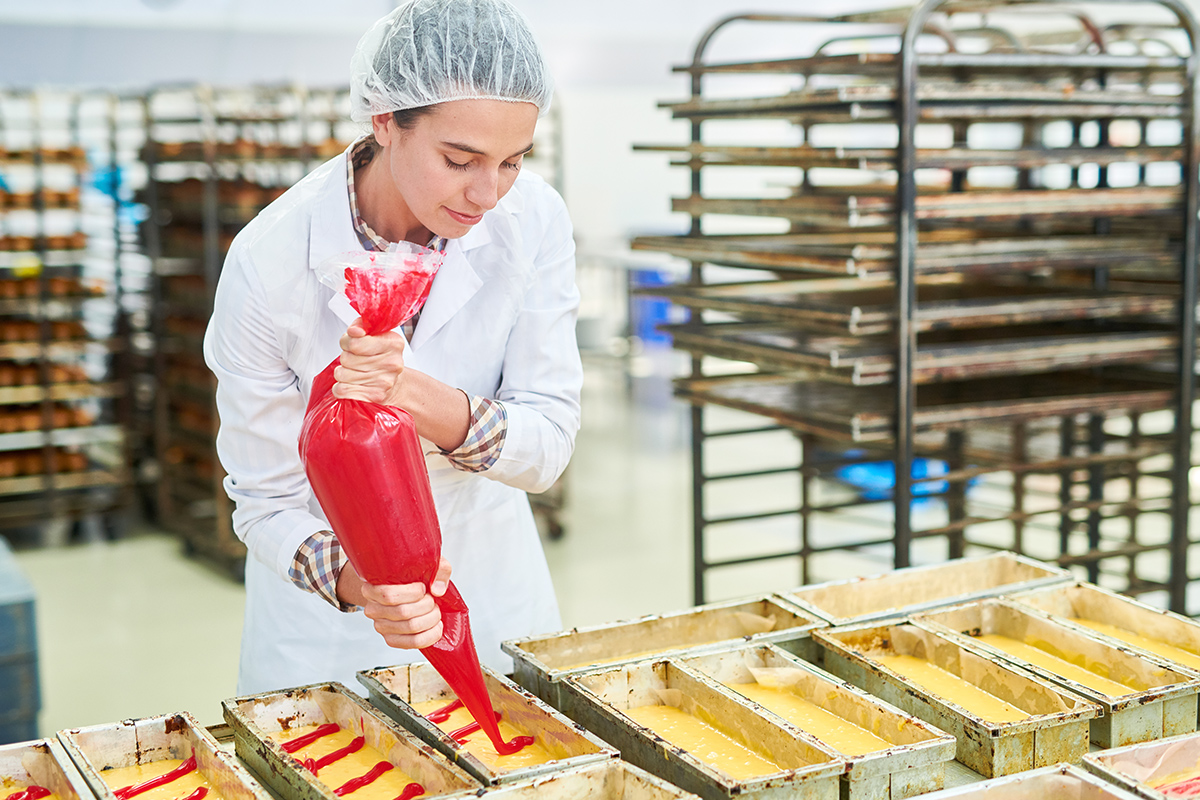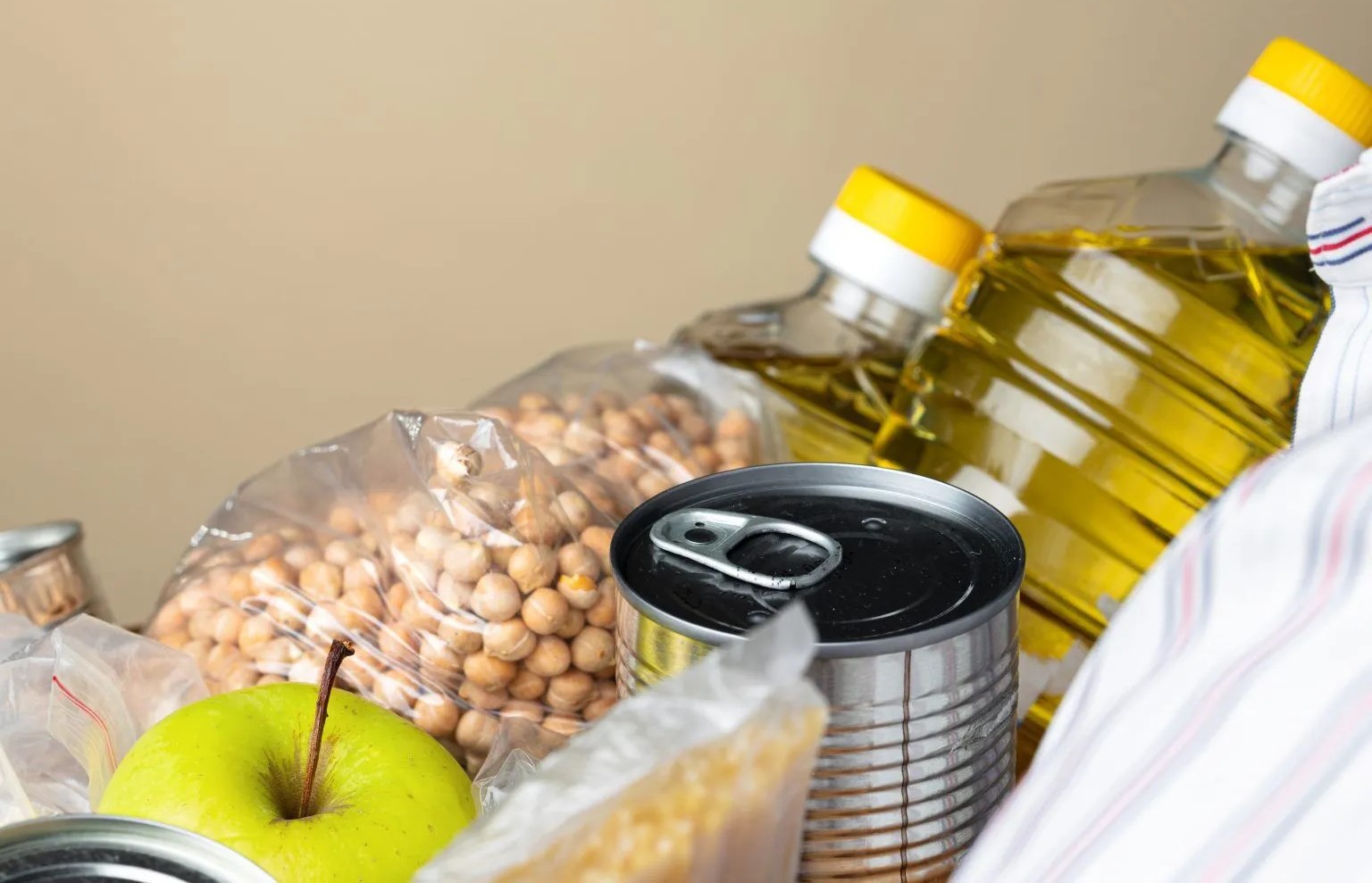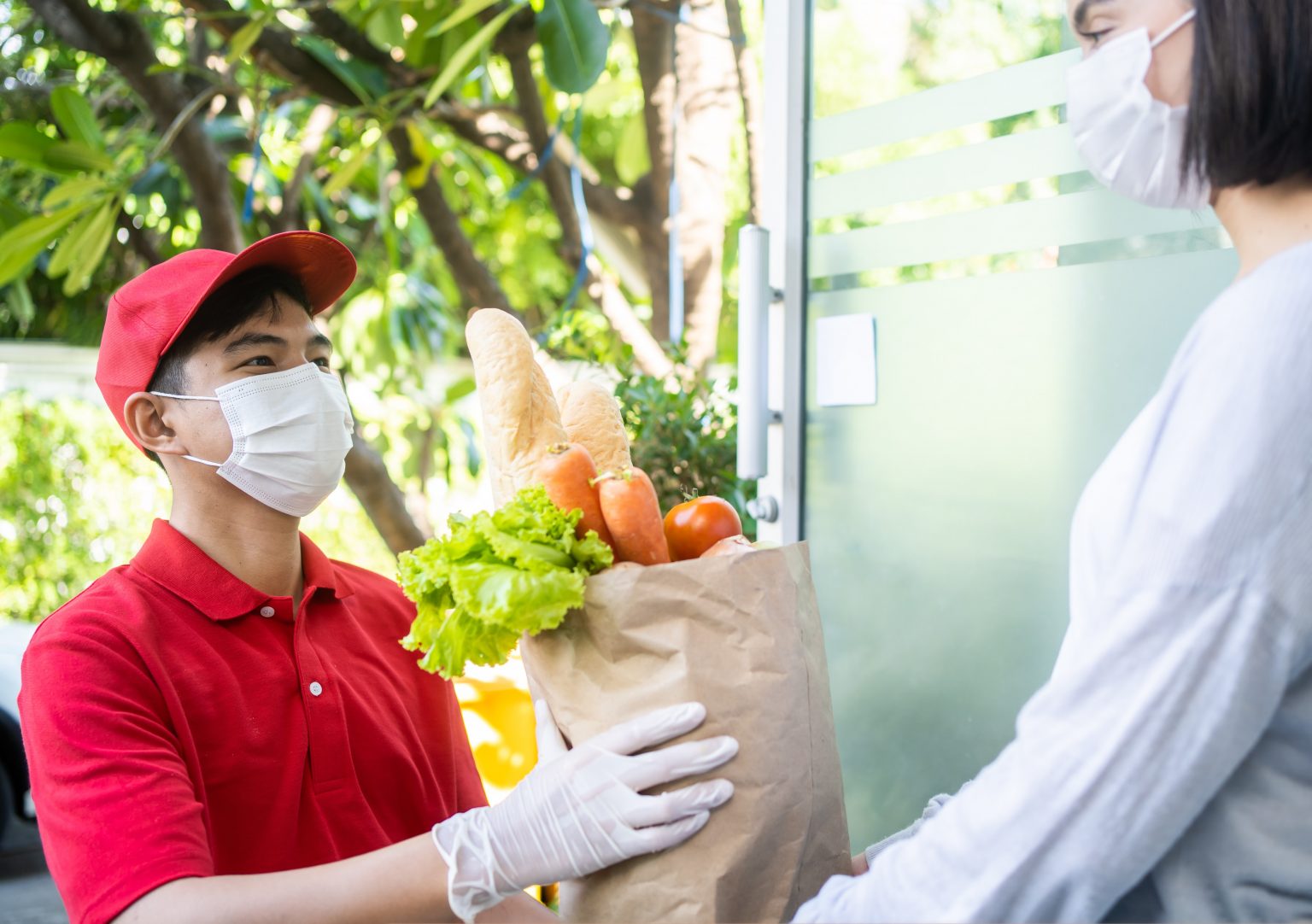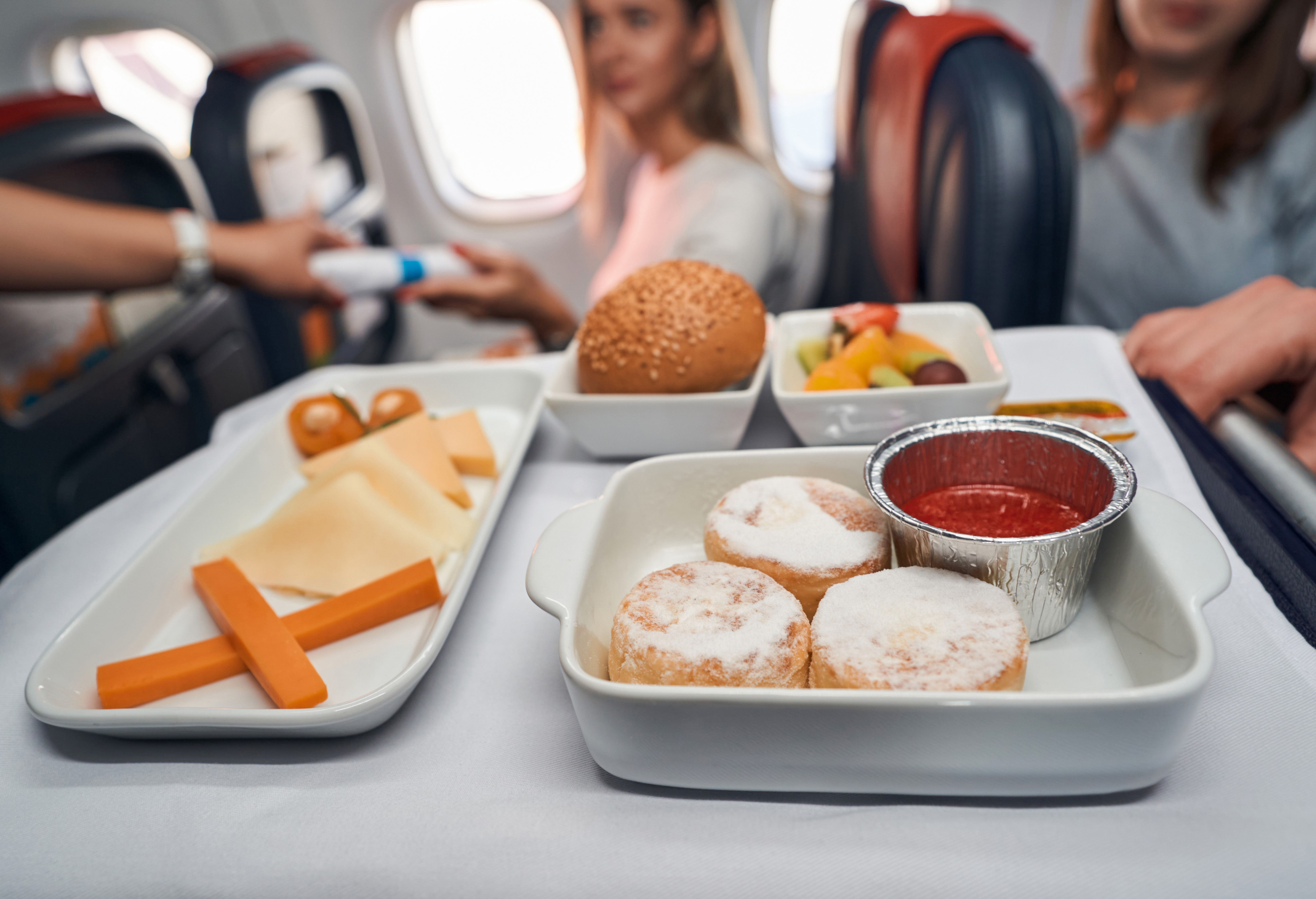Last Updated on March 18, 2024 by Admin
Every human being needs food to survive. Its preparation, processing, and packaging entail a massive responsibility on manufacturers to ensure it’s safe for consumption. It necessitates strict hygiene standards in food manufacturing. This article dives deep into the nitty-gritty of food hygiene and safety. It provides guidelines to ensure impeccable hygiene standards in food manufacturing.
What is Food Hygiene?
Food hygiene refers to the practices and conditions necessary to control foodborne illnesses and ensure food produced for consumption is safe and won’t lead to health hazards. It encompasses everything from how the food is stored, handled, and prepared, and even how it’s consumed.
What is Food Safety?
Food safety is a broader term encompassing all the measures and techniques to ensure food is free from harmful chemical, physical, or biological substances. It involves setting standards for pesticide residues, additives, and veterinary drugs. It also covers good manufacturing practices, guidelines on packaging, labelling, and proper storage.
What are Good Hygiene Practices in the Food Industry?
1. Cleanliness: Regular cleaning and disinfection of equipment, facilities, and surfaces that come into contact with food.
2. Storage: Properly store raw materials and ingredients in designated areas, ensuring perishables are at the correct temperatures.
3. Separation: Ensure that raw and cooked foods are separated to prevent cross-contamination.
4. Temperature Control: Monitor and maintain proper temperatures for storing, cooking, and serving food.
5. Pest Control: Regular pest control practices to prevent contamination.
6. Regular Audits: Conduct hygiene and safety audits to maintain standards.
The Importance of Personal Hygiene for Food Handlers
The individual involved in food production can be a source of contamination if they don’t maintain personal hygiene. Here’s why it’s paramount:
1. Disease Carriers: Food handlers can introduce pathogens to food if they are ill or carry bacteria.
2. Physical Contaminants: Hair, jewellery, or other personal items can get into food if precautions are not taken.
3. Cross-contamination: Improper hand washing can transfer pathogens from one food item to another.
For these reasons, training on personal hygiene, regular health check-ups, and proper attire (like hairnets and gloves) are essential for food handlers.
Benefits of Practicing Food Manufacturing Hygiene
The benefits of practising and maintaining hygiene in food manufacturing go beyond just producing safe food.
1. Consumer Safety: One of the primary responsibilities of any food manufacturer is to guarantee the health and safety of the end consumer. Strict hygiene practices help curb the spread of pathogens and contaminants that can cause foodborne illnesses. Such practices not only ensure that the food product is safe but also that it maintains its quality and nutritional value.
2. Brand Reputation: In the digital age, where news travels fast, one mishap can significantly tarnish a brand’s reputation. Conversely, consistently adhering to high hygiene standards becomes a badge of honour, bolstering consumer trust.
3. Regulatory Compliance: Different countries have stringent food safety and hygiene standards set by governmental bodies. By adhering to these standards, manufacturers avoid potential legal repercussions, including penalties and shutdowns. It also becomes easier for them to get certifications, further boosting their market credibility.
4. Reduced Wastage: Good hygiene practices often go hand-in-hand with proper storage and handling procedures. It minimises the risk of spoilage, contamination, and wastage, leading to optimised production costs and sustainability in operations.
5. Increased Profitability: A robust hygiene system can have a ripple effect. With reduced wastage, no regulatory fines, and increased consumer trust, manufacturers can see a direct impact on their profitability. Happy consumers often translate to repeat purchases and referrals, further enhancing the business’s bottom line.
Cons of Not Maintaining Food Manufacturing Hygiene
Neglecting hygiene in food manufacturing is a dangerous oversight, leading to grave consequences for consumers and manufacturers.
1. Health Risks: At the forefront is the risk posed to consumers. Contaminated food can lead to many health issues, from minor allergies to severe foodborne diseases and even death in extreme cases.
2. Financial Losses: A single recall can have significant financial implications. Apart from the immediate costs associated with the memory, subsequent legal actions from affected consumers could lead to compensations and damages.
3. Brand Damage: With the ease of access to information, consumers are more aware than ever. Adverse publicity or news of contamination can erode trust, causing long-term damage to the brand’s image and reducing its market share.
4. Regulatory Penalties: Failure to comply with hygiene standards can lead to regulatory actions. These can range from hefty fines and temporary shutdowns to complete licence revocations in severe cases.
Read Also – A Food Handler Guide to Personal Hygiene
Why It’s Important to Train for Food Hygiene
Understanding food hygiene’s significance is only half the battle; ensuring its practical implementation is equally crucial.
1. Knowledge Transfer: Training provides food handlers and manufacturers with up-to-date knowledge of potential hazards, from contaminants to allergens.
2. Skill Development: Beyond just theoretical knowledge, training imparts practical skills. Whether it’s the correct method to sanitise equipment or the appropriate way to store perishables, these skills become second nature with proper training.
3. Cultural Integration: When a team undergoes training, it fosters a safety culture. Everyone becomes accountable, and hygiene standards become a daily routine rather than an imposed regulation.
4. Meeting Regulatory Standards: Many regulatory bodies mandate periodic training as part of their compliance checklist. Hence, regular training sessions ensure that manufacturers remain compliant and updated.
5. Moral Responsibility: At its core, ensuring food hygiene is about valuing human life and health. Training reinforces this moral responsibility, ensuring that every individual in the food production chain understands the impact of their actions on end consumers.
Conclusion
Everyone in the food industry ensures the utmost food hygiene and safety standards. Proper training, adherence to guidelines, and an unwavering commitment to consumer health can lead to a win-win situation: safe food for consumers and sustained profitability for manufacturers.













